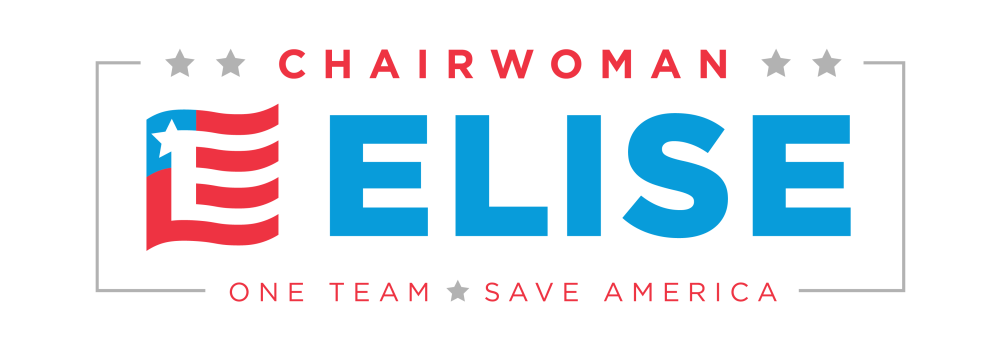Written by Rachel Burt for the Watertown Daily Times on July 10, 2020
WATERTOWN — Congresswoman Elise M. Stefanik, R-Schuylerville, announced Friday afternoon that $2.5 million in federal funding will be allocated to Samaritan Medical Center.
For the announcement, Ms. Stefanik was joined by Samaritan’s president and CEO Tom Carman, who said the hospital was seeing a revenue loss of upwards of $250,000 a day in March and April. He also added that with this funding, the hospital is still looking at about a $15 million revenue loss by the end of the year.
The money will be used for everyday operations at the hospital, Mr. Carman said, and to bring back furloughed employees as volume increases.
“This is significant,” Ms. Stefanik said of the money, adding that many north country hospitals were facing, and are still facing, revenue losses caused by the COVID-19 pandemic. “What’s unique about Samaritan is we are unlike any other hospital across the country, very closely affiliated with Fort Drum as the only military installation in the country of its size that does not have a hospital on post. So, by definition, even though we are in a rural region, because of the population of our soldiers, Samaritan Hospital was designated as an urban hospital, and so was left out of previous rural federal funds designated in the CARES Act.”
After many conversations with Mr. Carman, and also with the Department of Health and Human Services (HHS), Ms. Stefanik’s office was able to work directly with Samaritan as well as HHS to update and rewrite the formula, specifically focused on the unique challenges that rural hospitals like Samaritan face in the region.
“We prepared for the worst and we hoped for the best and we got somewhere in between. We’re so grateful for the support and the funding that’s finally come through for us,” Mr. Carman said. “All the hospitals across the nation received funding in the first general of funds, but then there was a pot of money for rural hospitals, and there were probably 55 or so hospitals in New York state and hundreds across the nation that received funding, but two of us were overlooked.”
To offset the severe revenue losses experienced at Samaritan, the hospital took drastic steps, according to Mr. Carman. Along with employee furloughs, cash preservation strategies were put in place, capital purchases were delayed, and the hospital suspended construction.
“This funding is helpful to us, but we still have a little bit of a hole to work our way out of,” Mr. Carman said. “It’ll allow us to ensure that we can make payroll, allow us to move forward. We will be bringing back some additional staff as the volume supports that, but we still need to be cautious because of the large deficit that we still see.”
Ms. Stefanik said she will continue to work to make sure that in future allocations, Samaritan will qualify for federal dollars.
With rural hospitals and community health centers being a part of the fabric of the community, the role of rural hospitals is important. According to Mr. Carman, they are the safety net for our communities.
“We are the largest provider north of Syracuse in between here in Plattsburgh, which makes it more unique and difficult for us,” he said. “But we also serve Fort Drum, so we’ve got a very unique position where we serve a large population in the three-, four-county area. We’ve got a medical staff of 160 doctors, with about 40 different specialty services that they provide to this community.”
The Congresswoman will visit Samaritan Medical Center on Thursday to highlight the new funding for the hospital but said she felt it was important to get the word out about the funding ahead of time. She stated that had there been no intervention and updating of the formula, there would currently be zero dollars in the rural funds.
“It’s really been a team effort, I want to echo what I said earlier and just thank the entire staff at Samaritan,” Ms. Stefanik said. “I know they have all been working diligently from the administrative staff to the doctors to the nurses to making sure that our patients and community have the best care, particularly during this pandemic.”
You can read the full article at https://www.nny360.com/





